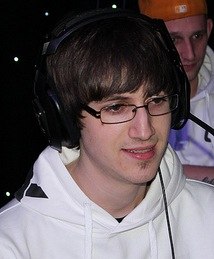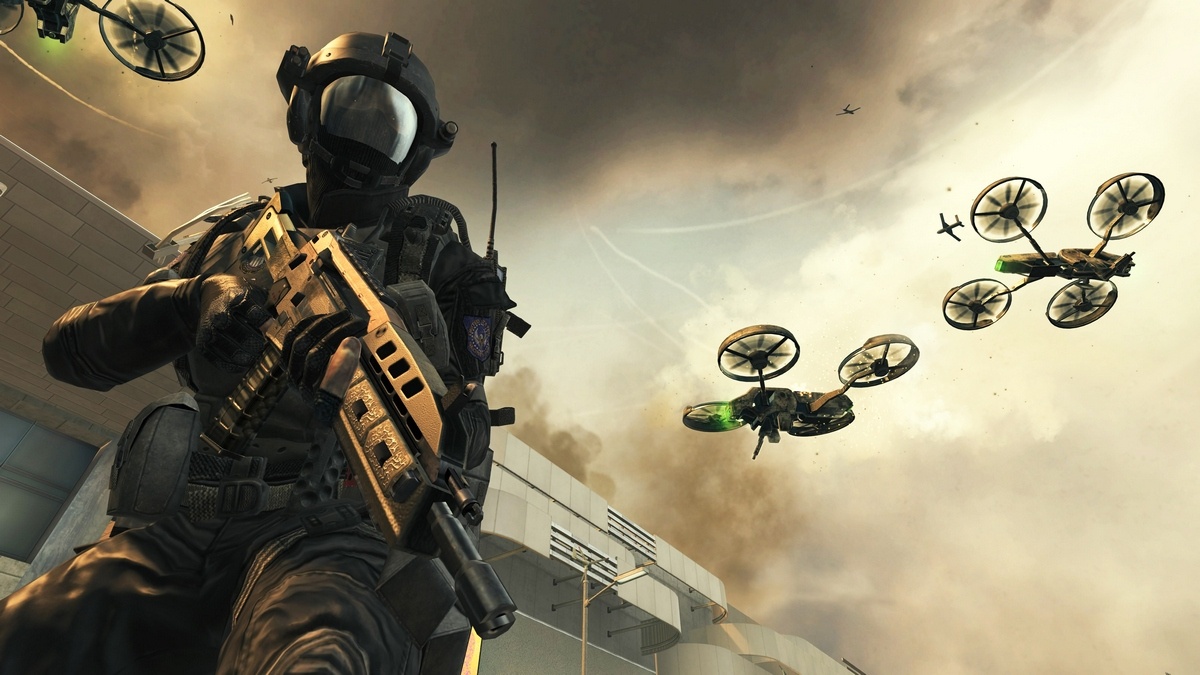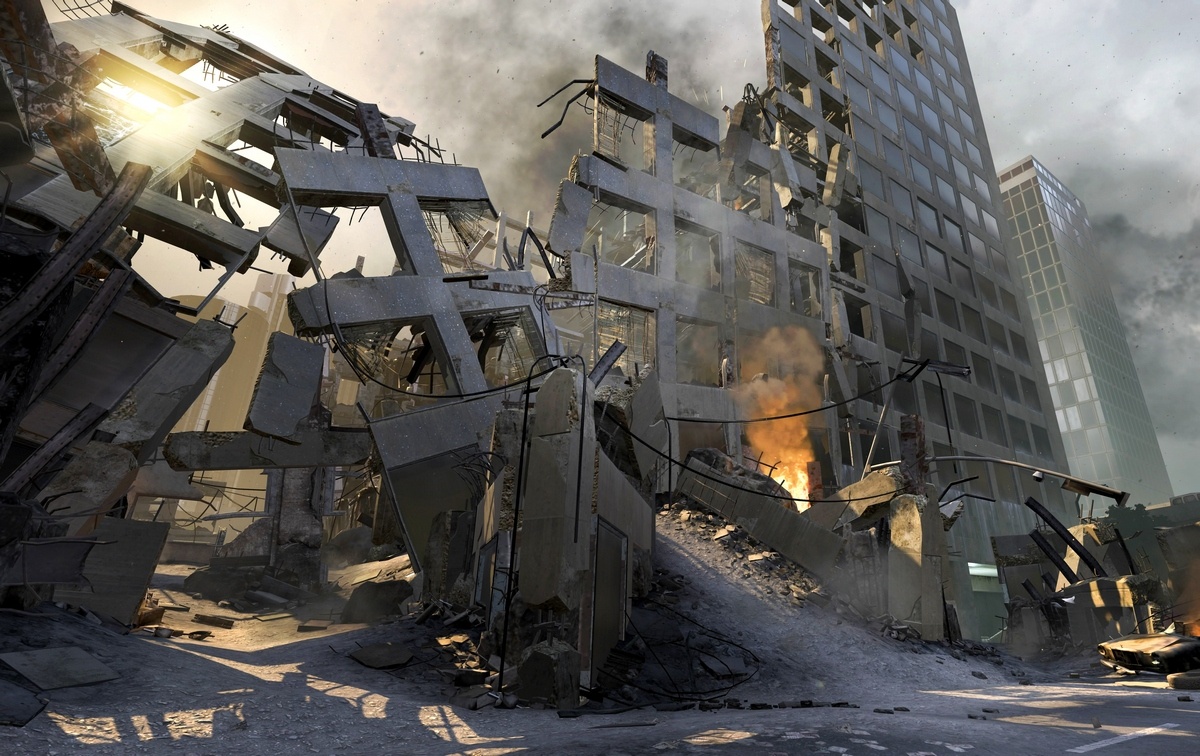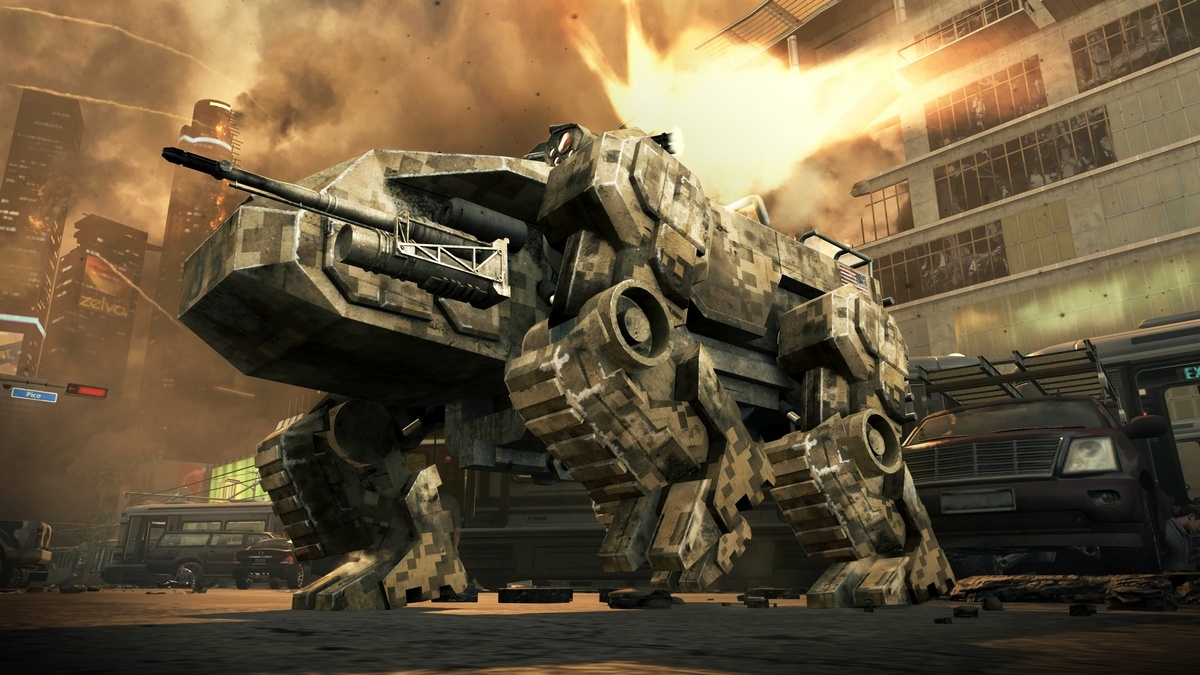A Pro Gamer's Hopes for Black Ops II
Four-time MLG tournament winner Raymond Lussier lets us know what the pro gaming community wants to see from the next Call of Duty.
If there's one point that Treyarch wants to get across about Black Ops II multiplayer, it's that this next Call of Duty title is being designed with competitive gaming firmly in mind. Whereas Infinity Ward all but shrugged off the e-sports scene with Modern Warfare 3, Treyarch believes that pro gaming leagues like Major League Gaming are part of a growing market that they can't afford to ignore. To quote Treyarch game design director David Vonderhaar, "Making the game fun to watch is a big part of our agenda."
One of Treyarch's biggest challenges on the road toward making Call of Duty a more prominent fixture in the world of e-sports is winning the support of the pro gamers themselves. After all, every sport needs its athletes. So what do these pro gamers think about Treyarch's ambitions? In what areas does Black Ops II have to improve upon other recent Call of Duty titles in order to strike e-sports gold? To find the answers to those questions, we recently spoke with Raymond "Rambo" Lussier, a Call of Duty veteran with four MLG tournament wins under his belt.

Lussier knows that as important as competitive balance is, it shouldn't come at the expense of a spectator's enjoyment of the game. That's why he believes Treyarch needs to start with weapons that make up the heart of the first-person shooter gameplay. "From the very beginning, everyone mostly used two weapons: the FAMAS assault rifle and the AK74U SMG," says Lussier of the original Black Ops. Then, a few months after the game's release, Treyarch reduced the effectiveness of the AK74U in a postrelease patch. "That immediately made the game a full FAMAS battle since there was no other weapon that could compete with its versatility."
This made competitive matches "fairly dull and not very fun to watch," says Lussier. While he believes that there's something to be said for the bare-bones competitive spirit of everyone running around with identical weapons, Lussier knows that the overall entertainment value suffered because of it. That's why he hopes Black Ops II will offer a greater number of competitively viable weapons with more balanced strengths and weaknesses so that the game reflects a greater selection of "player styles and mind-sets."
Next on Lussier's wish list is a broader selection of game modes suitable for competitive matches. "If you look at each game since Call of Duty 4, there's been three to four game types that have been played competitively: Search and Destroy, Sabotage/Demolition, Capture the Flag, and Domination," he says. Some modes, like Sabotage, have since fallen out of favor with pro gamers, while newer modes haven't been used at all. "There are so many more game types that could have been used if they had very slight tweaks to them."
How could a mode like Sabotage (infrequently used in tournaments since COD4) be salvaged? Lussier would like to see Sabotage stripped of the overtime rule that allows for ties--something that often leads to matches going for hours and hours before a winner is crowned. Similar to that is Demolition, which uses an overtime rule that allows players to choose their final side based on kills. This, according to Lussier, is a rule that has led to some questionable tactics. "Sometimes you'd see people suicide to get the side they want for the last round," says Lussier.
"And then you have game types like Team Defender," remarks Lussier of a mode introduced in Modern Warfare 3. "It's a bit like Oddball from Halo, but it doesn't give you any points for controlling the objective--only giving your team double the points for getting kills when you controlled it. This effectively means a team isn't forced to fight one another to win the game."
"Sometimes you'd see people suicide to get the side they want for the last round."
Lussier's logic here is the same as his point about weapons: a greater number of tournament-friendly modes means more room for different player styles and thus an increase in entertainment value. This line of thought extends to the number of tournament-caliber maps, which Lussier believes wasn't as robust as it could have been in the original Black Ops. What sorts of maps work best on a competitive level? "Smaller to medium-size maps without all the random buildings and alleyways that nobody really needs to use to get from point A to point B," says Lussier. "Even though I'm speaking from a competitive mind-set, in the end, do the public match players really want to walk around these random areas that promote camping and delays getting from one fight to another? I don't think so."
Ultimately, Lussier believes that one of the biggest challenges for a game like Call of Duty to become an e-sports juggernaut is the disparity between what fans see when they watch competitive matches and what they experience when they play on their own time. Starcraft II, Lussier says, is a great example of a game that minimizes that gap. "What makes Starcraft II so awesome for fans is that when you get on the game itself and play multiplayer, you are playing the exact same thing the pros are playing. You can immediately relate to them as you are in the same game environment they are when they compete. All of that makes it very easy for a fan to relate to how well a player is doing."
He contrasts that with what it's like when you watch the typically stripped-down competitive Call of Duty matches: "If a casual Call of Duty player watched a stream and saw a professional player competing, they wouldn't see much of what they are accustomed to and would have a really hard time relating to what the professional is doing. In competitive COD, we don't have any kill streaks, or much equipment to use, so the game is pretty much stripped down to the core run-and-gun experience to make the game as competitive as possible."
Bridging that gap is certainly not going to be easy for Treyarch, but Lussier is confident the studio has its heart in the right place when it comes to making Call of Duty a better e-sports experience. "I'm not really worried about Black Ops II's involvement in big tournaments next season," Lussier says. "Treyarch enjoys e-sports and will do anything possible to make their game as fun as possible to play and watch for any level of player."
'Got a news tip or want to contact us directly? Email news@gamespot.com



Join the conversation